Retinol Creams: Storage Tips
Introduction
Retinol, a derivative of Vitamin A, has revolutionized the skincare industry with its myriad benefits. Renowned for its anti-aging and skin rejuvenation properties, retinol creams have become a staple in many skincare routines. However, the potency and effectiveness of retinol are highly dependent on how it is stored. This blog delves into the best practices for storing retinol creams, ensuring you get the most out of this powerful ingredient.
Understanding Retinol and Its Sensitivity

Why Retinol Requires Careful Storage: Retinol is sensitive to light and air. Exposure to these elements can degrade the retinol, reducing its effectiveness. This sensitivity makes proper storage not just a recommendation, but a necessity for maintaining its potency.
Best Practices for Storing Retinol Creams

1. Keep It Away from Light:
- Importance of Dark Containers: Most retinol creams come in opaque or dark containers. These containers are designed to block light and should be kept away from direct sunlight. If your retinol product does not come in a dark container, consider transferring it to one or storing it in a dark place.
- Avoiding Sunlight: Storing retinol creams in a medicine cabinet or drawer away from windows can prevent degradation from sunlight.
2. Limit Air Exposure:
- Airtight Containers: Opt for retinol products with air-tight packaging, such as pumps or tubes. These designs limit the amount of air that comes in contact with the product.
- Minimizing Open Time: When using your retinol cream, open it only when needed and close it immediately after use.
3. Optimal Temperature Control:
- Room Temperature Storage: Store your retinol cream at room temperature. Extreme temperatures, both hot and cold, can destabilize retinol.
- Avoiding Heat Sources and Humidity: Keep retinol creams away from heat sources like radiators and not in humid areas like bathrooms, as humidity can affect the formula.
4. Regular Checks on Product Integrity:
- Monitoring Changes: Pay attention to changes in color, texture, or smell. These changes can indicate that the retinol has degraded.
- Expiration Dates: Always check and adhere to the product’s expiration date. Using expired retinol can be ineffective or, worse, harmful to the skin.
FAQs: Addressing Common Concerns
Can I Store Retinol Creams in the Refrigerator?
While refrigerating skincare products is a popular trend, it's generally unnecessary for retinol creams. Room temperature is sufficient unless specified by the product’s manufacturer.
How Long Does Retinol Cream Last Once Opened?
The shelf life of an opened retinol cream can vary. Typically, it ranges from 6 to 12 months. Check the product's packaging for the specific period after opening (PAO) symbol.
Can I Use Retinol Cream if It Changes Color?
A slight color change might not indicate a complete loss of effectiveness, but it's a sign of degradation. It’s best to replace the product to ensure you're getting the most benefit.
Conclusion
Maximizing the Benefits of Retinol: Proper storage of retinol creams is crucial in maintaining their efficacy. By following these simple yet effective storage tips, you can ensure that your retinol product remains potent and effective throughout its use. Remember, the key to reaping the full benefits of any skincare product lies not just in its application but also in how well you store it.


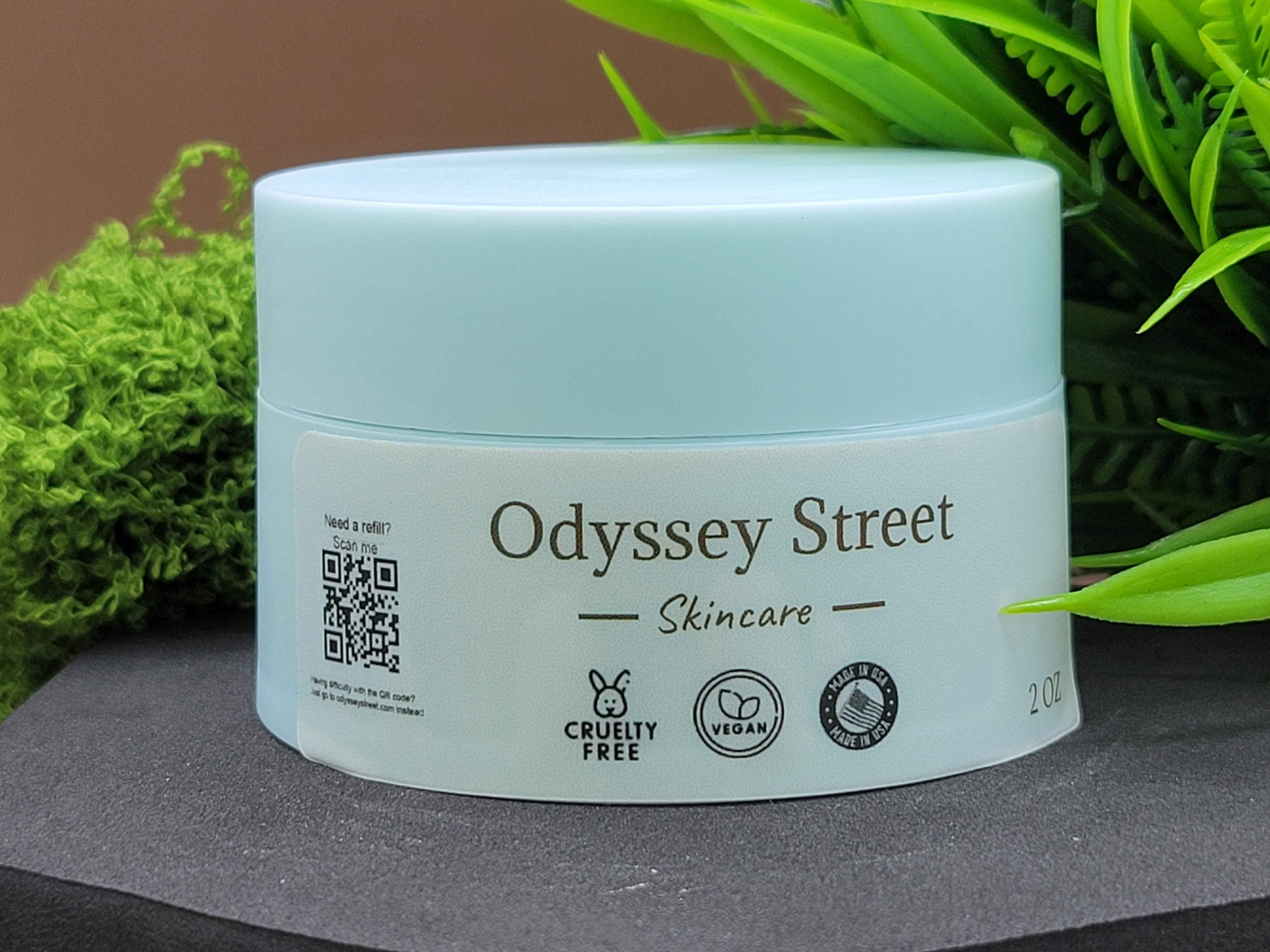
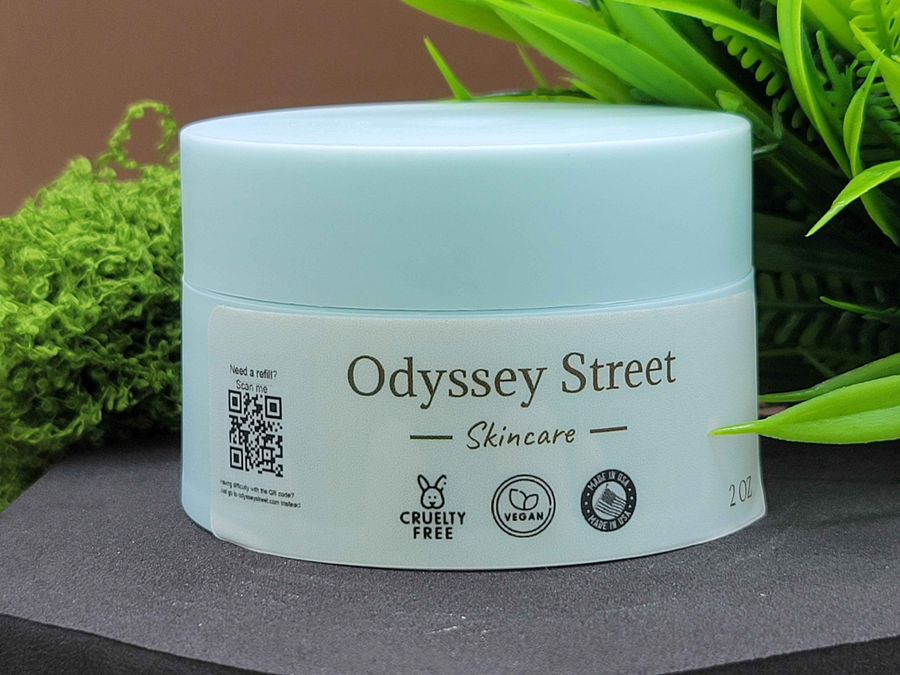
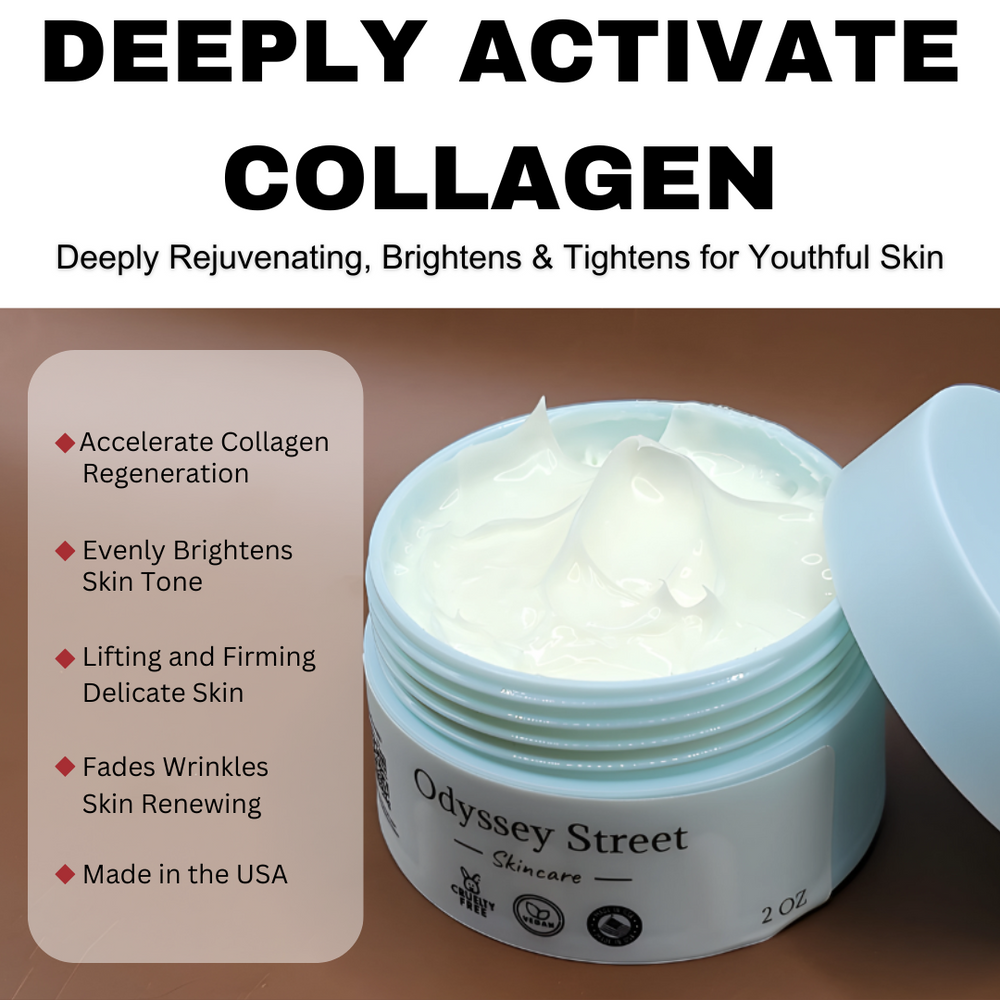




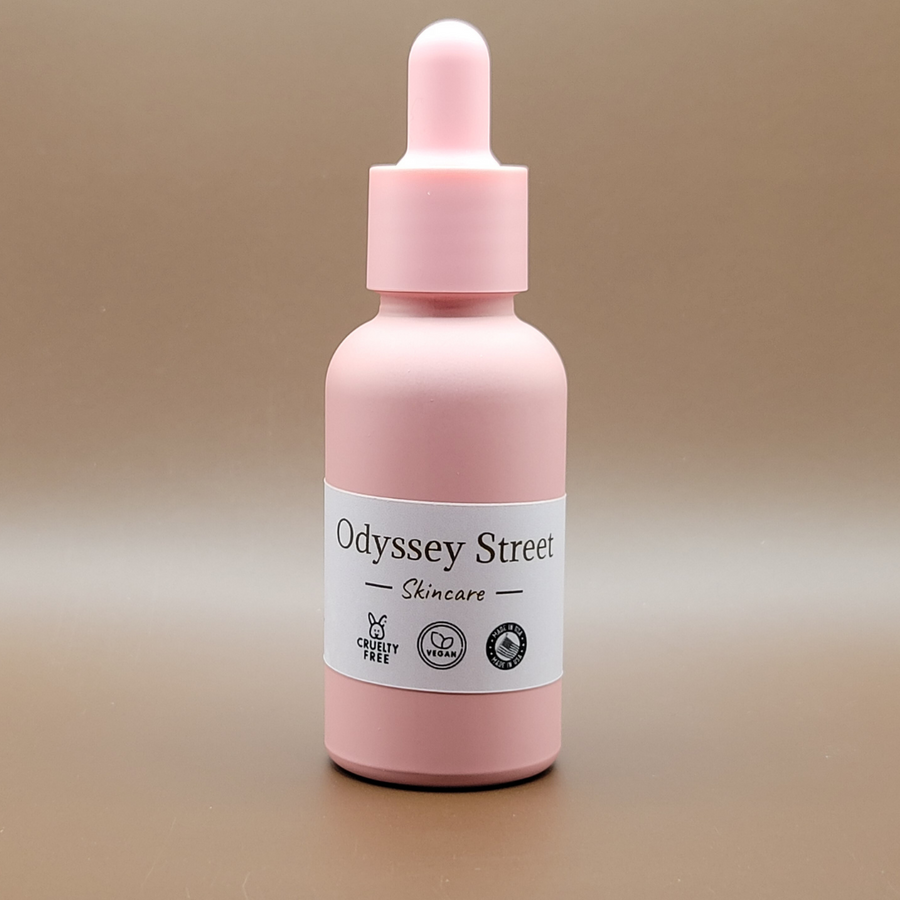
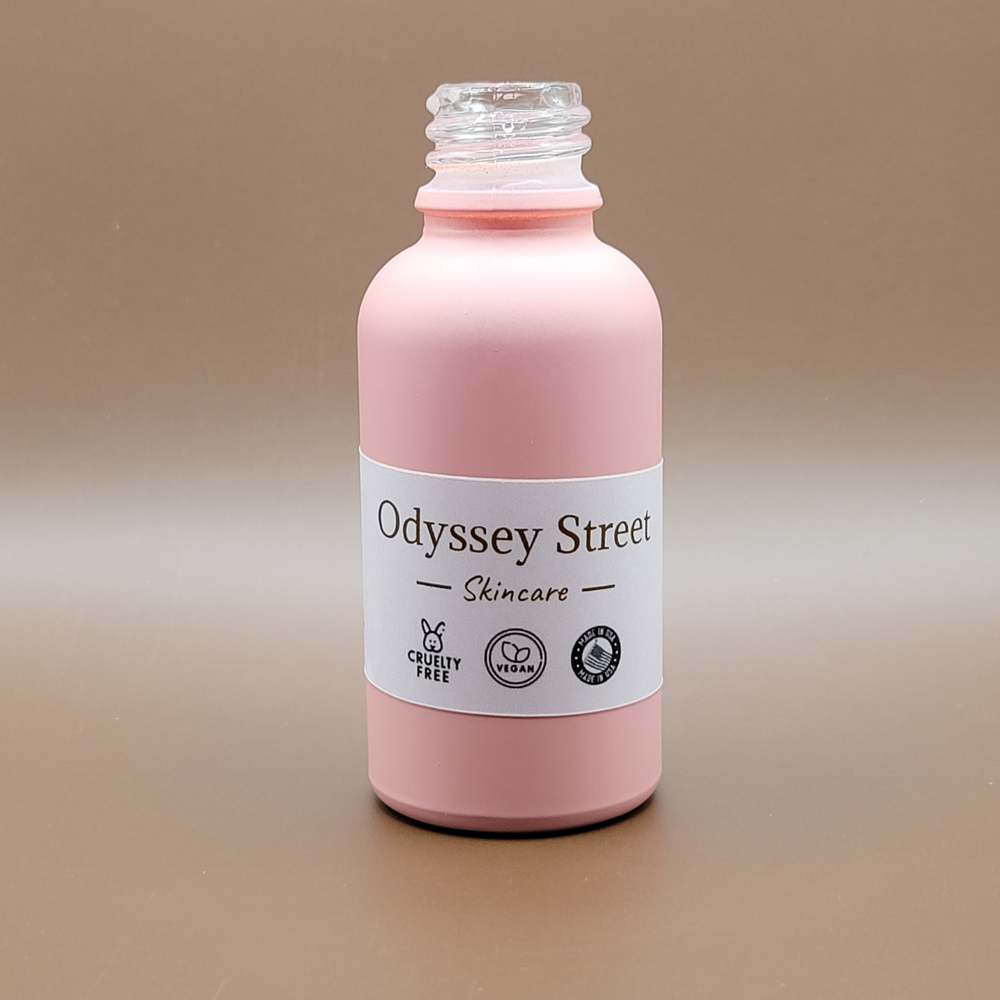
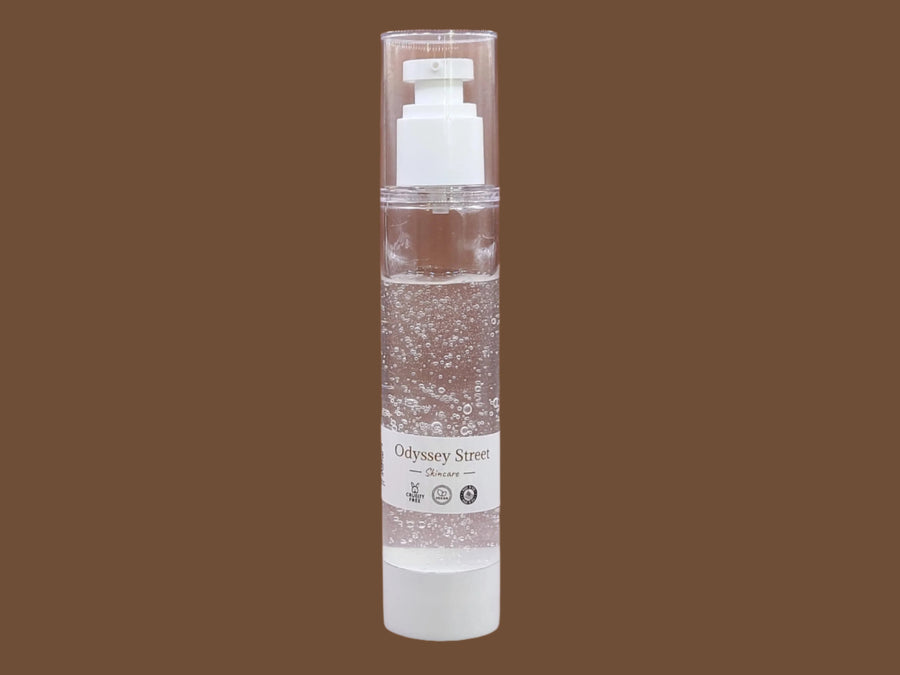
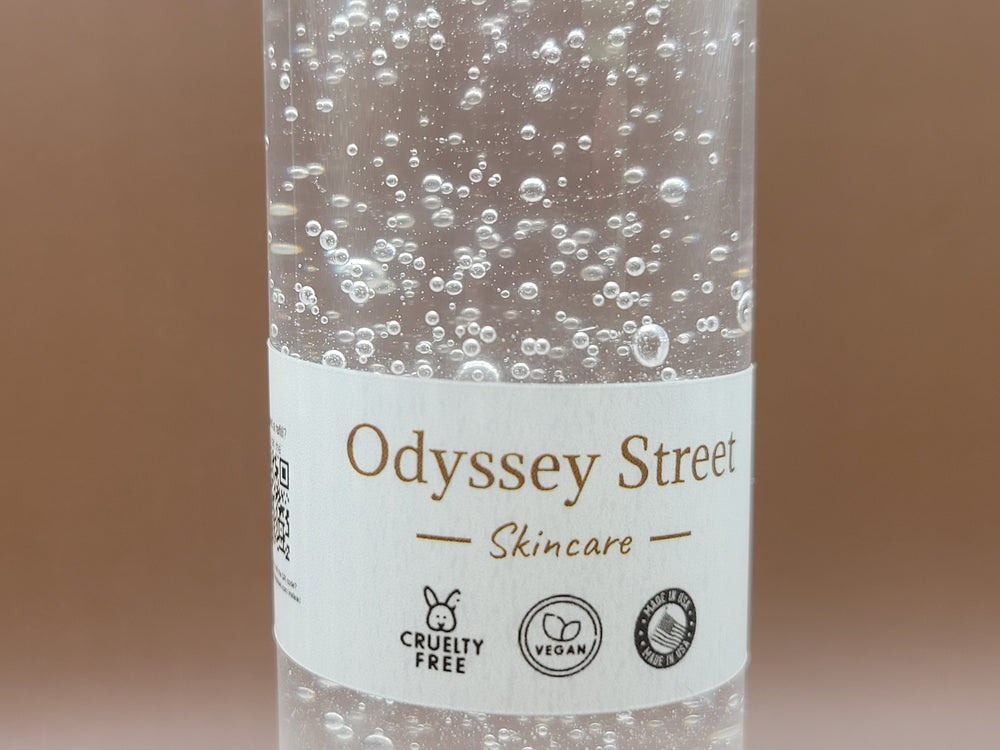
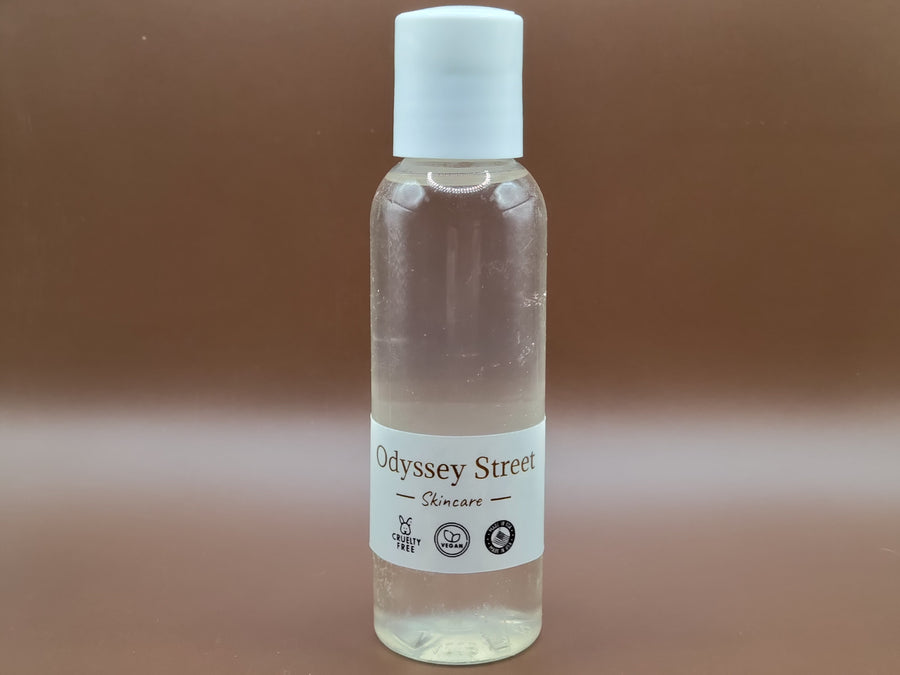
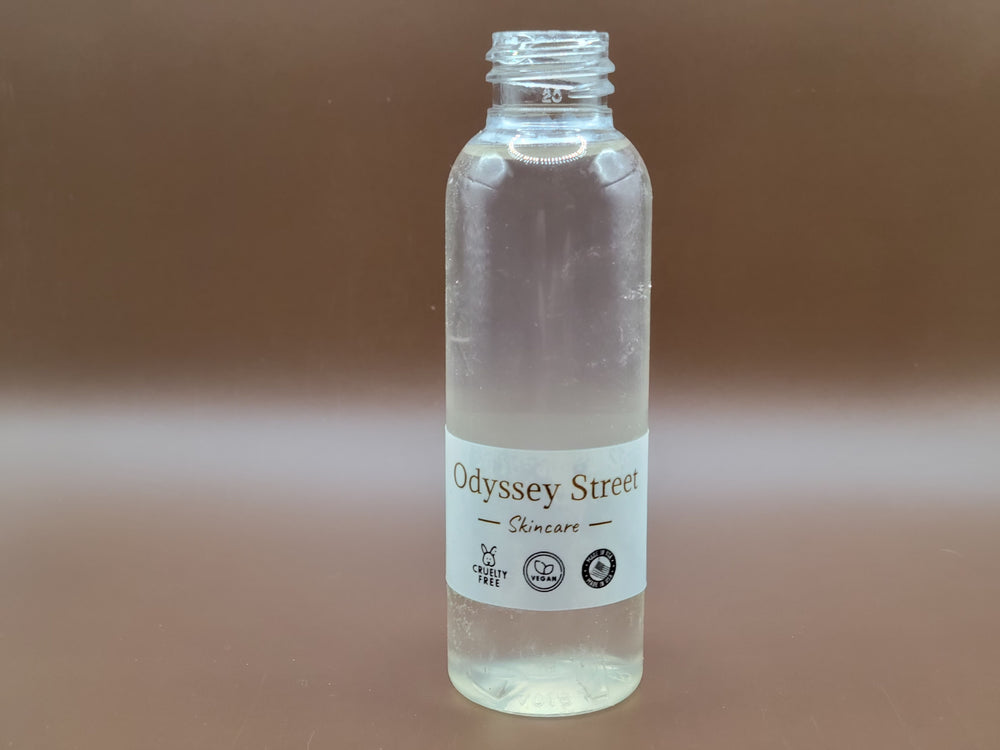
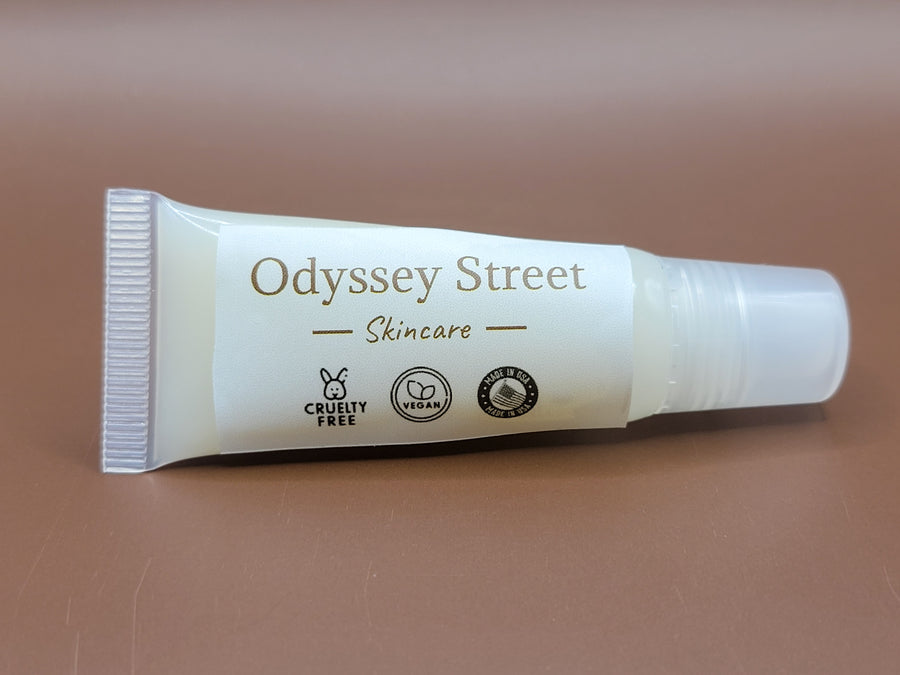
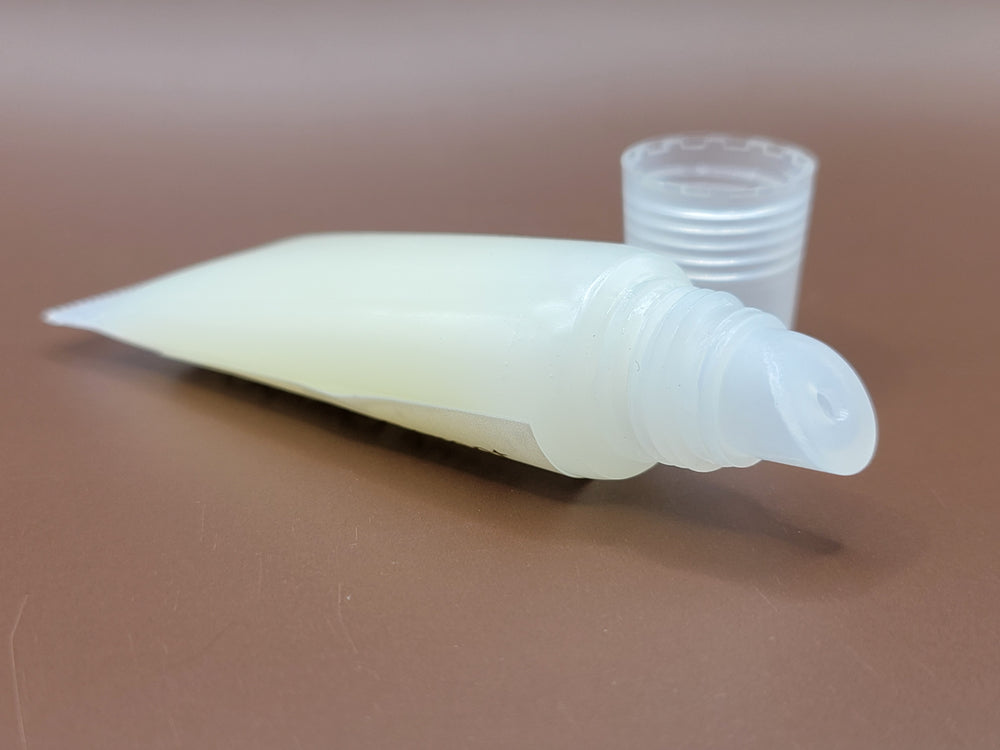
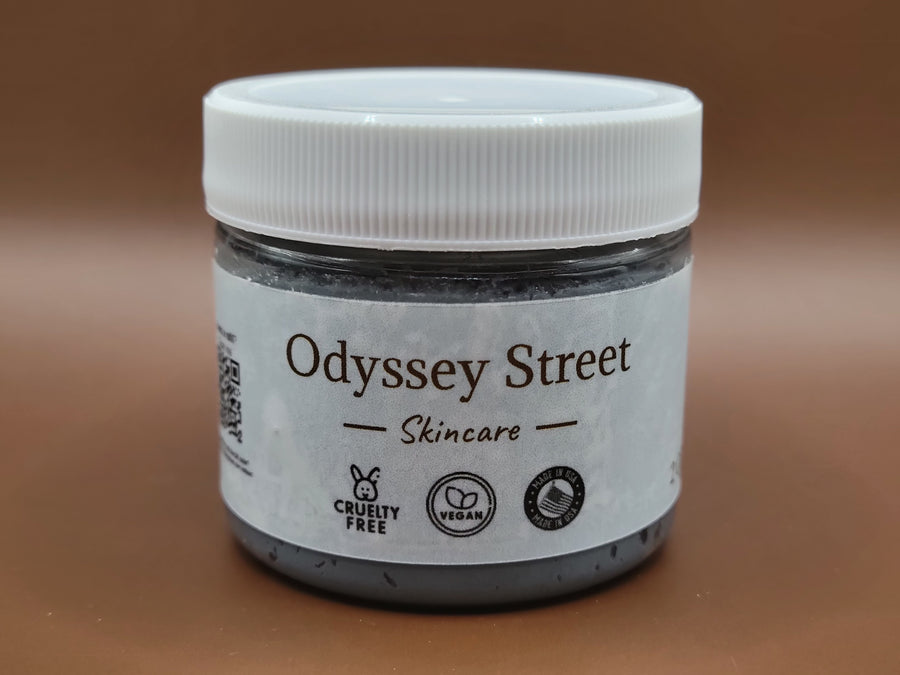
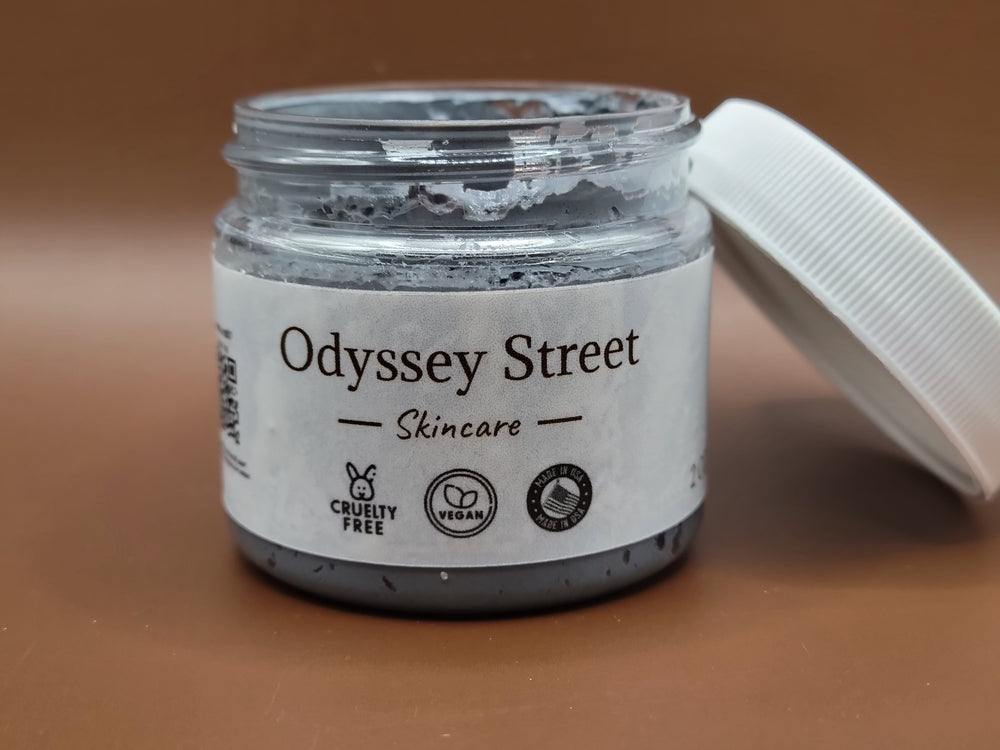
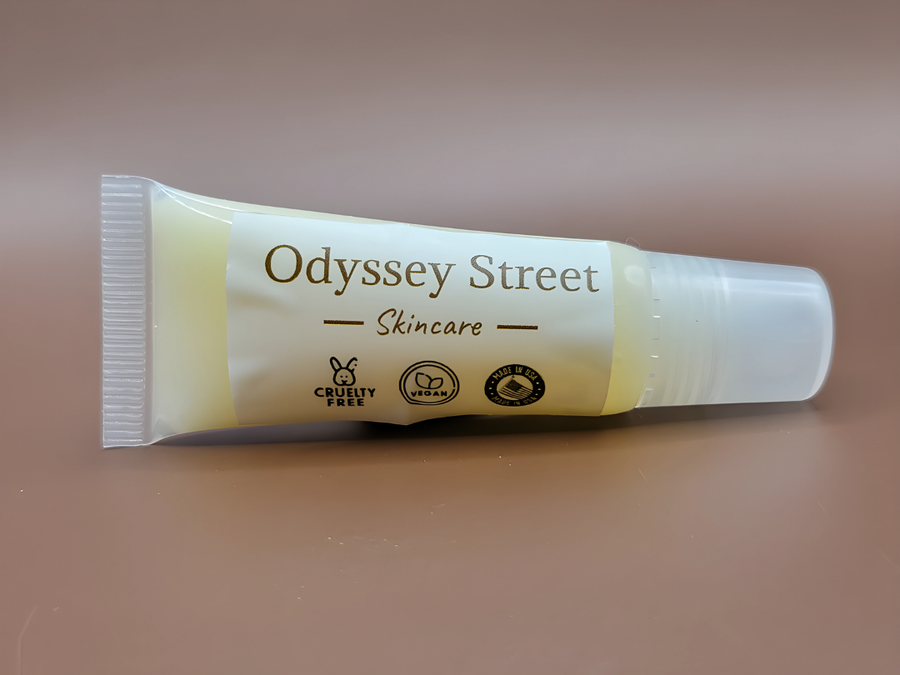
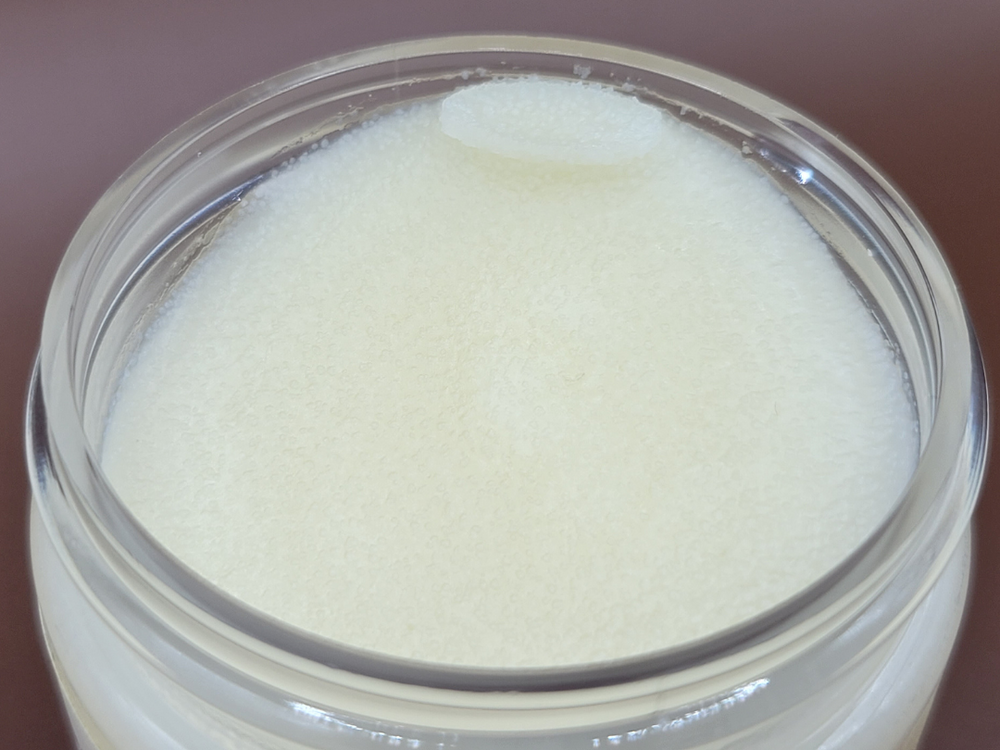
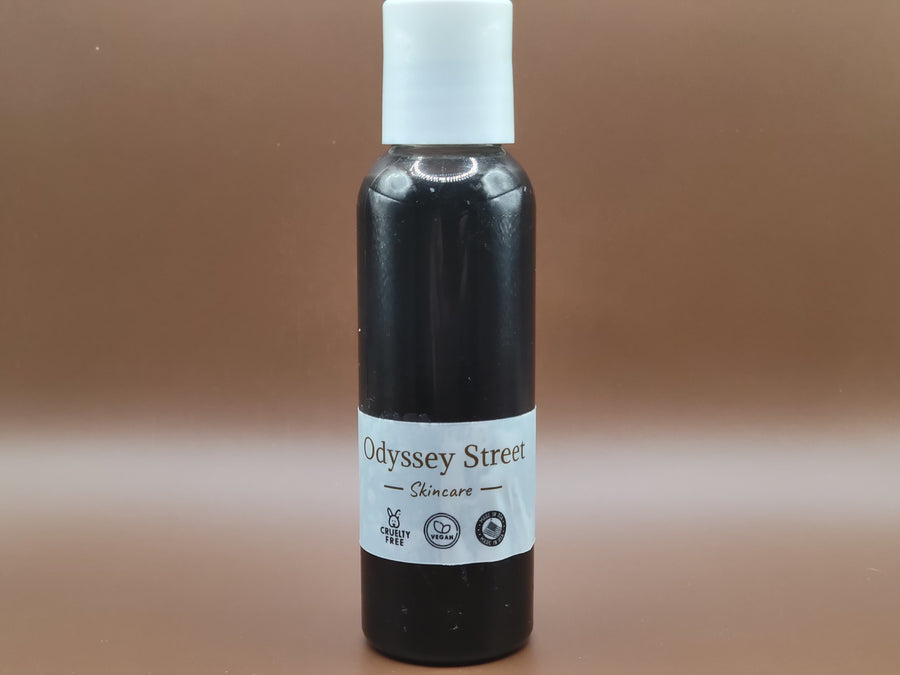
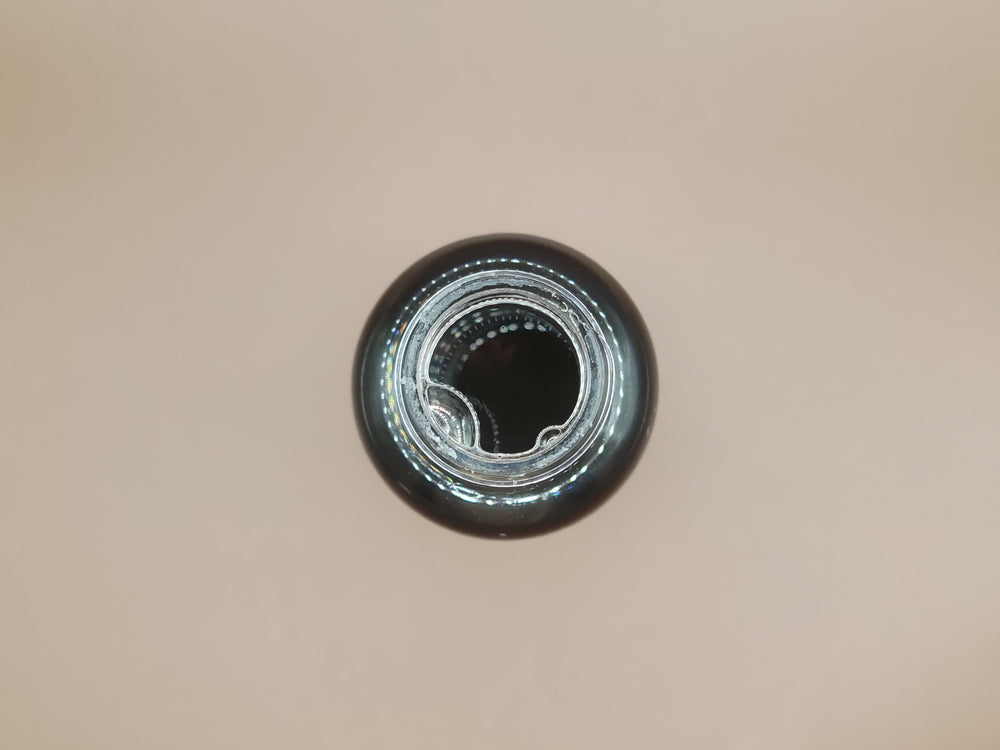
Leave a comment